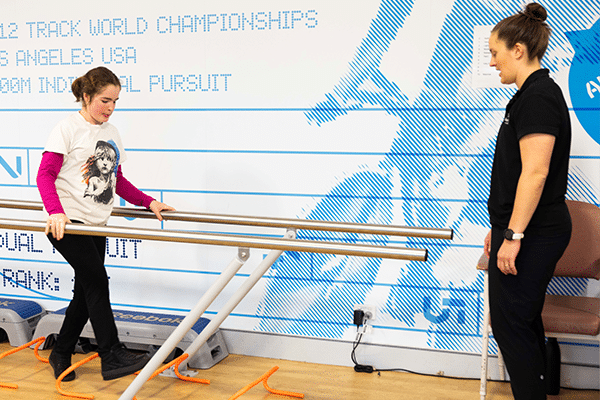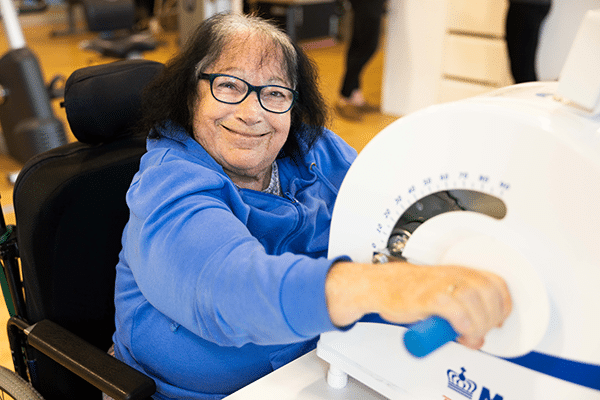The Accessible Gym Group offers guided exercise sessions in our fully accessible gyms with specialised equipment. Led by our ESSA-accredited exercise physiologists, the program helps improve mobility and build strength. Enjoy exercising with social connections in a safe and supportive environment.
NDIS funding
What does it involve?
Participants will engage in weekly group exercise sessions led by ESSA-accredited exercise physiologists. Each session includes:
You’ll also receive a personalised exercise plan to follow at home, helping you stay active between sessions.
What are the outcomes?
Who is the program for?


Contact us today! Our team is here to answer your questions and help you get started on your fitness journey.
"*" indicates required fields